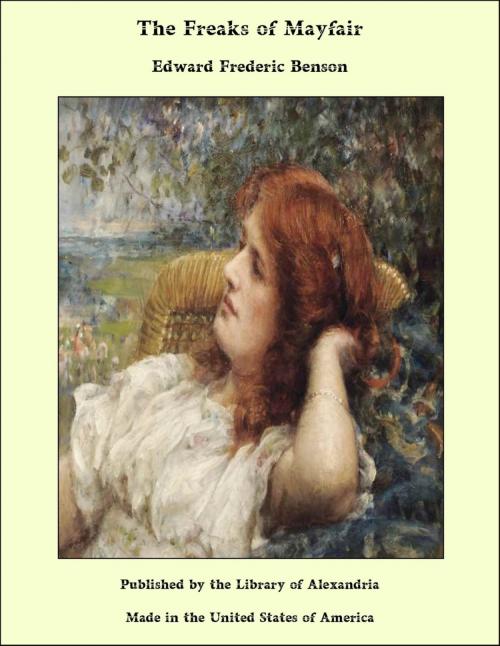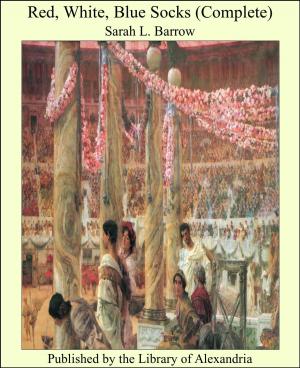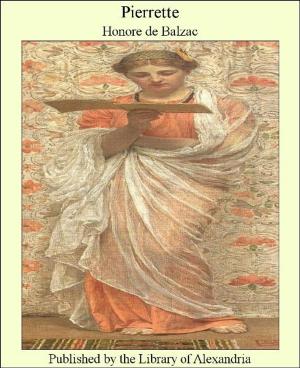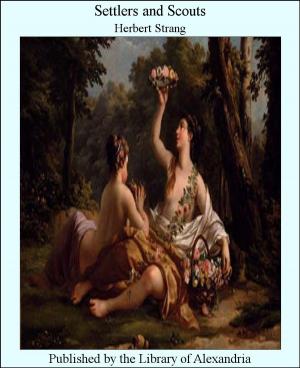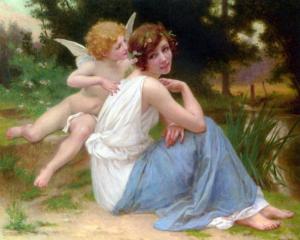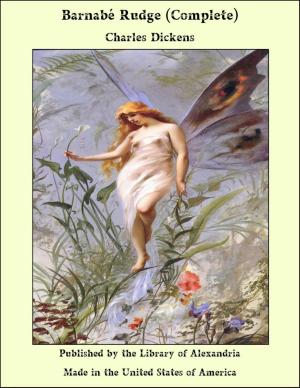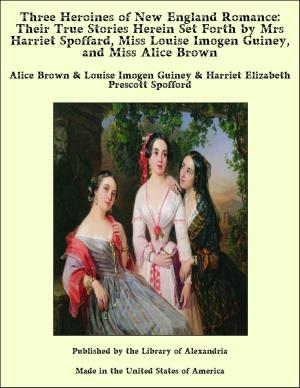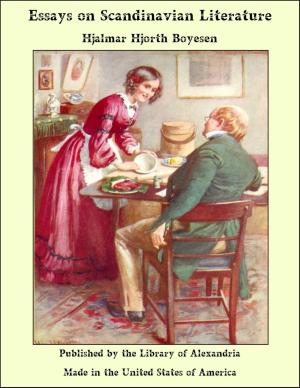| Author: | Edward Frederic Benson | ISBN: | 9781465619815 |
| Publisher: | Library of Alexandria | Publication: | March 8, 2015 |
| Imprint: | Language: | English |
| Author: | Edward Frederic Benson |
| ISBN: | 9781465619815 |
| Publisher: | Library of Alexandria |
| Publication: | March 8, 2015 |
| Imprint: | |
| Language: | English |
THERE IS NO MORE JOYOUS COUPLE in all Mayfair than Sir Louis Marigold, Bart., M.P., and Lady Mary Marigold, and whether they are at Marigold Park, Bucks, or at Homburg, or in their spacious residence in Berkeley Square, their lives form one unbroken round of pomp and successful achievement. She was the daughter of an obscure Irish Earl, and when she married her husband was still hard at work building up the business of Marigold & Sons. Those were strenuous days, and the profession of money-getting made it necessary for him to indulge his snobbishness only as a hobby. But she, like the good wife she has always been to him, took care of his hobby, as of a stamp-collection, and constantly enriched it with specimens of her own acquisition, being a snob of purest ray serene herself. She is the undoubted descendant of Arrahmedear, king of Donegal, in which salubrious county her brother, the present Earl, is steadily drinking himself to death in the intervals of farming his fifty-acre estate. When he has succeeded in completely poisoning himself with whisky, she will become Countess of Ballamuck herself, since the title descends, in default of male heirs, in the female line, and there will be what I hope it is not irreverent to call high old times in Berkeley Square and Marigold Park. When first they married her husband always playfully called her ‘The Princess’ (being the lineal descendant of that remarkable monarch King Arrahmedear), and what began in play soon sobered into a habit. But when she is a real contemporary peeress, it is probable that he will drop the appellation derived from legendary kings, and call her Countess. There will be no hint of badinage about that: Countess she will be, and the papers will be full of little paragraphs about the movements of Sir Louis Marigold, Bart., M.P., and the Countess of Ballamuck.... There is just the faintest suggestion of Ouida-ism and impropriety which gives such announcements a peculiar relish. Now there is no snob so profound as the well-born snob, especially in the female line. She (in this case Lady Mary Marigold) knows about it from the inside, and is aware of all it means to be the daughter of earls, not to mention kings. Her husband therefore, having been born of an obscure commercial family, was not originally so gifted as his wife, but by industry and study he has now practically caught her up, and they run together in an amicable rose-coloured dead-heat. Like all the finer endowments, as that of poetry, pure snobbishness is born not acquired, and lowly as was his birth, the fairy-godmother who visited his infant cradle brought this golden gift with her, and with the same instinct for what is worth having that has always distinguished him, he did not squander or dissipate her bounty, but hoarded and polished and perfected it. When he was quite a little boy he used to dream about marquises, and, if a feverish cold added a touch of daring to his slumbers, about kings and queens; now with the reward that waits upon childhood’s aspirations, it has all come true. Already his son (the first-born of the future countess) has married the Lady Something Something, daughter of a marquis, and there are great hopes about a widowed Bishop for his daughter.
THERE IS NO MORE JOYOUS COUPLE in all Mayfair than Sir Louis Marigold, Bart., M.P., and Lady Mary Marigold, and whether they are at Marigold Park, Bucks, or at Homburg, or in their spacious residence in Berkeley Square, their lives form one unbroken round of pomp and successful achievement. She was the daughter of an obscure Irish Earl, and when she married her husband was still hard at work building up the business of Marigold & Sons. Those were strenuous days, and the profession of money-getting made it necessary for him to indulge his snobbishness only as a hobby. But she, like the good wife she has always been to him, took care of his hobby, as of a stamp-collection, and constantly enriched it with specimens of her own acquisition, being a snob of purest ray serene herself. She is the undoubted descendant of Arrahmedear, king of Donegal, in which salubrious county her brother, the present Earl, is steadily drinking himself to death in the intervals of farming his fifty-acre estate. When he has succeeded in completely poisoning himself with whisky, she will become Countess of Ballamuck herself, since the title descends, in default of male heirs, in the female line, and there will be what I hope it is not irreverent to call high old times in Berkeley Square and Marigold Park. When first they married her husband always playfully called her ‘The Princess’ (being the lineal descendant of that remarkable monarch King Arrahmedear), and what began in play soon sobered into a habit. But when she is a real contemporary peeress, it is probable that he will drop the appellation derived from legendary kings, and call her Countess. There will be no hint of badinage about that: Countess she will be, and the papers will be full of little paragraphs about the movements of Sir Louis Marigold, Bart., M.P., and the Countess of Ballamuck.... There is just the faintest suggestion of Ouida-ism and impropriety which gives such announcements a peculiar relish. Now there is no snob so profound as the well-born snob, especially in the female line. She (in this case Lady Mary Marigold) knows about it from the inside, and is aware of all it means to be the daughter of earls, not to mention kings. Her husband therefore, having been born of an obscure commercial family, was not originally so gifted as his wife, but by industry and study he has now practically caught her up, and they run together in an amicable rose-coloured dead-heat. Like all the finer endowments, as that of poetry, pure snobbishness is born not acquired, and lowly as was his birth, the fairy-godmother who visited his infant cradle brought this golden gift with her, and with the same instinct for what is worth having that has always distinguished him, he did not squander or dissipate her bounty, but hoarded and polished and perfected it. When he was quite a little boy he used to dream about marquises, and, if a feverish cold added a touch of daring to his slumbers, about kings and queens; now with the reward that waits upon childhood’s aspirations, it has all come true. Already his son (the first-born of the future countess) has married the Lady Something Something, daughter of a marquis, and there are great hopes about a widowed Bishop for his daughter.
